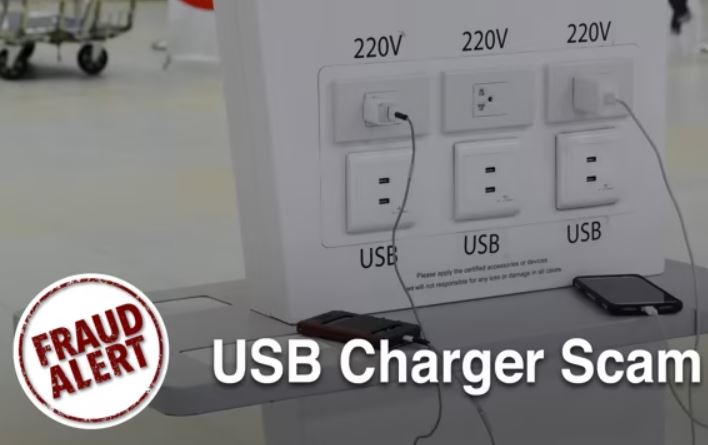
Juice Jacking fraud is one of the most common yet least known frauds in the cyber world. It is possible to transfer files and data using an electronic device’s charging port. Have you ever used a public charging spot for free? These charging spots are actually not free at all. Though you may not pay any money to charge your phone using these spots. However, you may pay with your data and privacy. Today, let’s explore this latest trick of cyber hacking and data theft.
How does juice jacking work?
A type of cybercrime known as “juice jacking” compromises connected devices using a USB charging station. This charging station is infected with malware that infects your phone when connected. The fact that a cell phone’s power supply travels over the same USB cable that the connected device uses for data syncing. This simple technique allows the cyber attacker to profit from this fact. Cybersecurity experts assert that open USB charging ports can be infected with malware by criminals. They do this in order to gain access to electronic mobile devices while they are charging.
Remember to charge your phone or bring another portable device while you are traveling. This is so you won’t need to recharge it in a public place. Public places such as an airport or train stations have these infected charging spots.
You might find yourself in some unfortunate situations if you charge your phone or any other device at a free USB port charging station. Juice Jacking can be applied to any charging spot and you can easily fall prey to it. However, the worst part of this cybercrime is that you won’t ever notice that someone has stolen your data.
Also See: Can a Lawsuit against Google change the future of the internet?
These charging spots have malware hidden within the charging cables. This malware can transfer the data immediately from your phone to any connected device. Or it could simply upload a virus to your mobile. This virus would then transfer your data to any specified server, from where anyone can access it. Data that these hackers steal may include things such as personal pictures, videos, bank account details, or even your passwords.
Fraudsters use public charging ports to spread malware to customer phones. They can steal from any mobile connected there and control, access, and steal sensitive data from the customers’ mobile phones. Other data that they can steal may include emails, SMS, saved passwords, and confidential information.
How to avoid
Do not use cables or charging ports that are public or unknown. It’s important to remember that while traveling. Always remember to keep a portable charging device to avoid using public charging points. Moreover, do not share your charging device or mobile phone with any unknown person.
